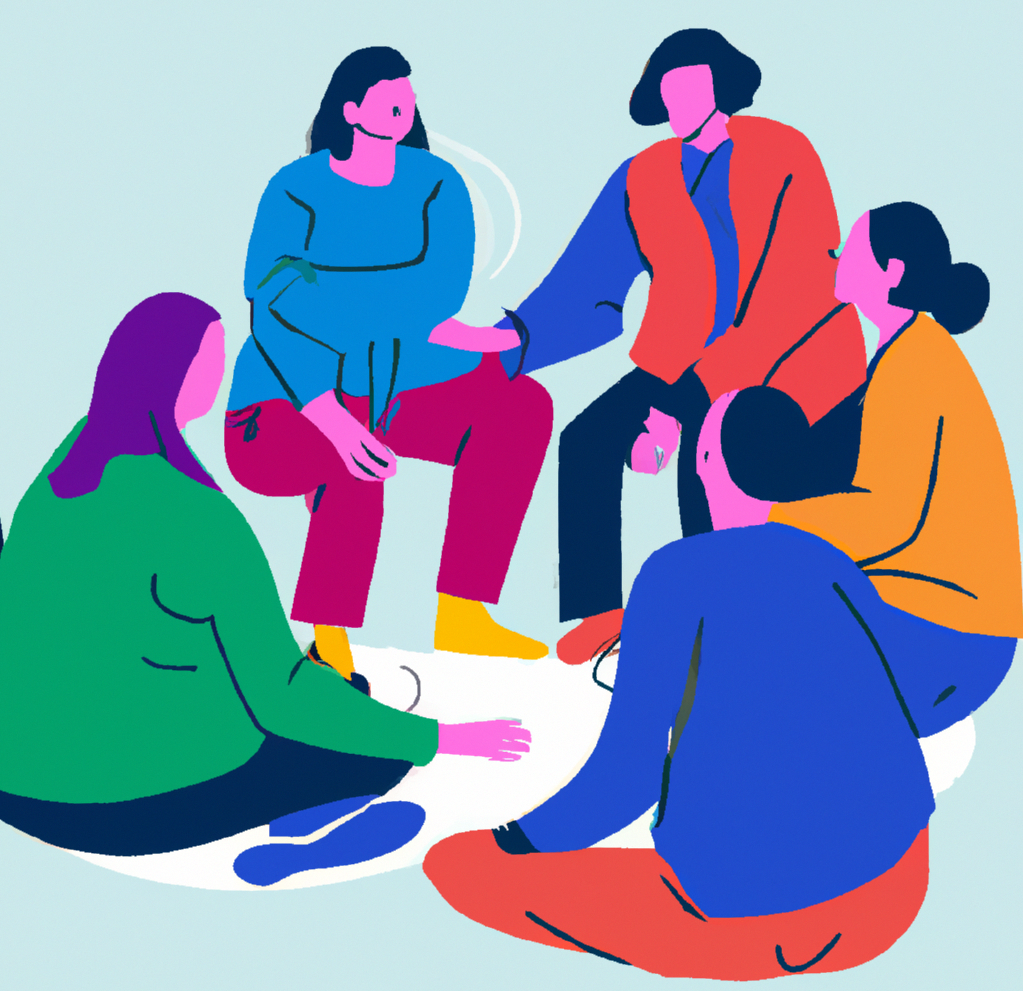Listening to the life stories of international talents – a researcher’s perspective
HIWE has published five intriguing stories about the lives of international talent in Finland. The stories are based on the interview material collected in the project since autumn 2022. This blog is a personal reflection of one researcher on the questions that the stories bring to the fore.
From ALL-YOUTH to HIWE – but with the same research interest
When I joined the HIWE project in 2022, I had in mind a research interest that arose in connection with a previous project.
In the ALL-YOUTH project, we studied the experiences of young people with refugee background of working life and societal participation in Finland as part of a larger research agenda. During the project, we listened carefully to their life stories and portrayed them in public through a variety of scientific-artistic methods.
We noticed that refugee youth were especially struggling with the challenge of being accepted to Finnish society and social circles. We also understood that the experience of belonging has a strong connection with their well-being.
When we started the HIWE project in 2022, I was inspired to understand if the experiences of international talent differ from refugee youth, especially with regard to well-being and belonging. After all, international talents have a different starting point to come to Finland, and they generally have a stronger position on the labor market.

When I think about the stories published on our website, I am struck by how similar the two groups’ experiences are in regard to well-being and belonging. It is not easy for talents to become part of Finnish society either, no matter how motivated and willing they are to contribute to it.
Although I had conjectured that this might be the case, it was still a bit of a surprise. It made me think again about the importance of belonging for people’s well-being, and thereby also for whether international talents are motivated to stay in Finland.
Finding your place in Finland: difficult but not impossible
Listening to the internationals’ life stories was an intriguing experience for a researcher interested in such issues. In the fifteen interviews I conducted for the project, there were moments of fun and laughter, but also sadness. Sometimes emotions came to the surface, for the interviewee and me as well, as when we talked about difficult life experiences or how it feels when the job search fails repeatedly, one’s skills are not recognised, and one cannot find friends in Finland.
Despite the many difficulties that are visible in the stories, most internationals have established their place in Finland. They have found work, started their own company, made friends, and built networks. Our findings coincide well with previous research knowledge. We know from research that it is crucial for a person’s well-being to feel accepted, find fulfilling work (or other kind of activity through which to relate to society) and form meaningful relationships.
“Such a separation is pointless. All kinds of migration can generate work and participation and create common goods for society.”
Doing these interviews has once again reminded me of how similar we humans are. We have the same needs, and we all long for acceptance and the opportunity to belong to communities. If we want to attract and keep international talent in Finland, we cannot ignore this basic fact of human life.
Of course, other people too, especially marginalised groups, can have similar problems with belonging to Finnish society. In the case of migrants, however, the experience can be heightened because it is accompanied by a sense of difference and the fear of being discriminated against based on one’s ethnic and cultural background.
All migration can generate work and social inclusion
The recent political debate has made a clear distinction between work-based migration and humanitarian mobility. This debate typically portrays foreign workforce as an economic resource and refugees as “an expense”. As the authors of a recent opinion piece published in Helsingin Sanomat state, such a separation is pointless. All kinds of migration can generate work and participation and create common goods for society.
I agree with the authors’ view that regardless of the reasons a person moves to Finland, the immigration and integration policy should create opportunities and inclusion for all. All new arrivals want to find their place in their new home country and feel that they are part of society. This is what we can see from the internationals’ stories too.
One of the imagined “I” narrators in the stories asks a crucial question, “Why is it so hard to belong to Finnish society?” This query has occupied my own research for many years, and it continues to motivate me in HIWE as well.
Author: Tiina Rättilä, HIWE’s project manager.
